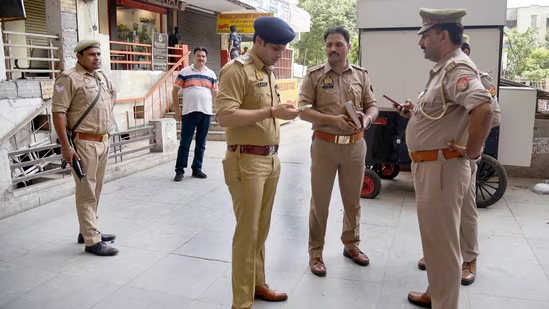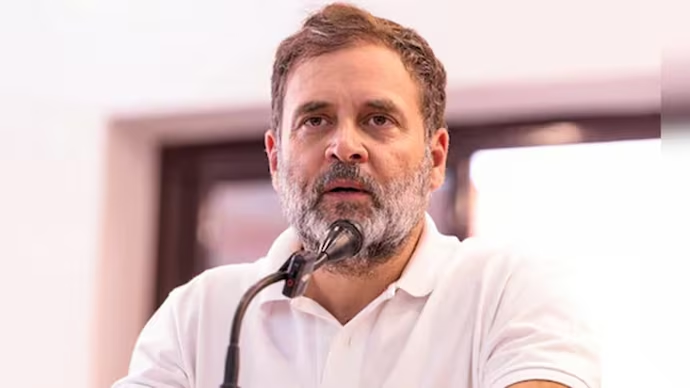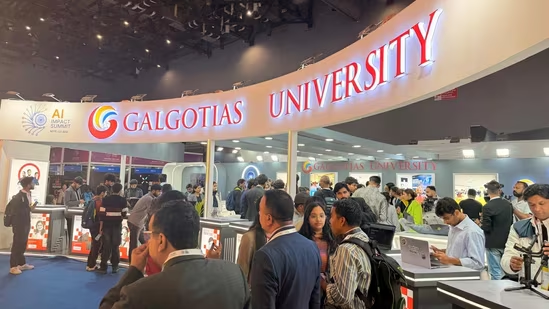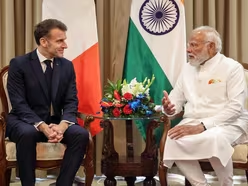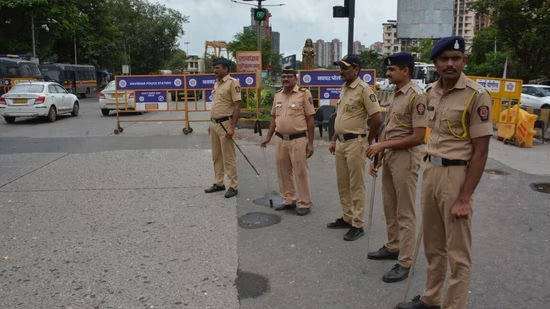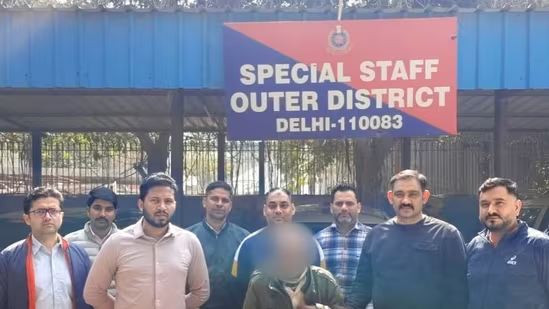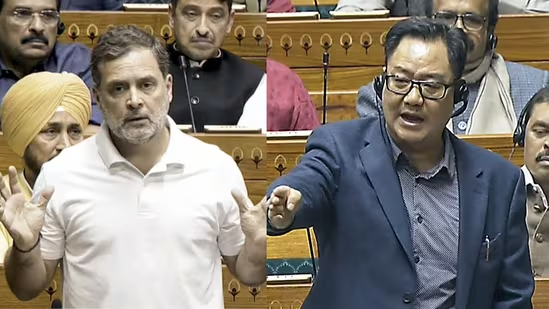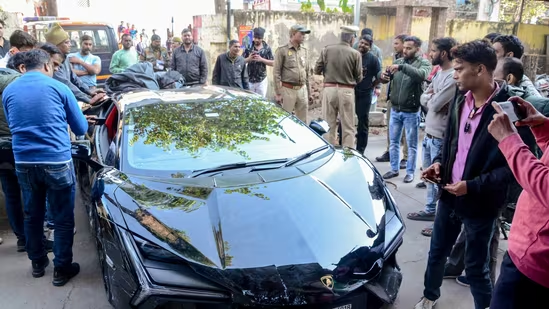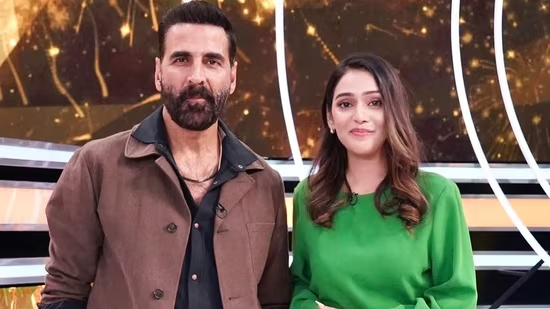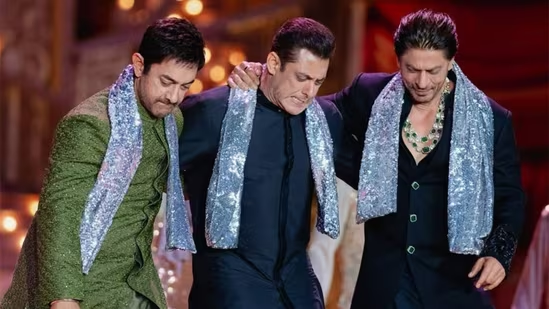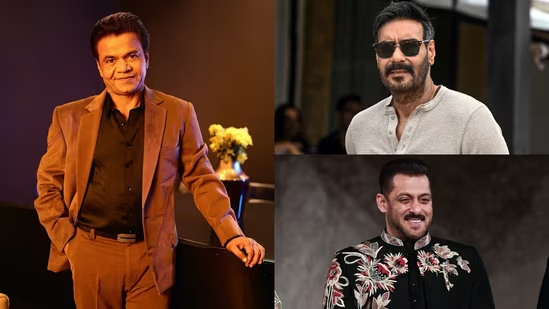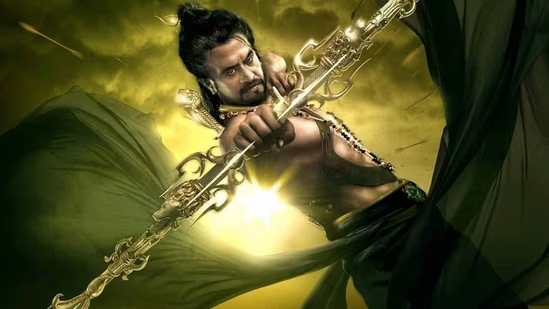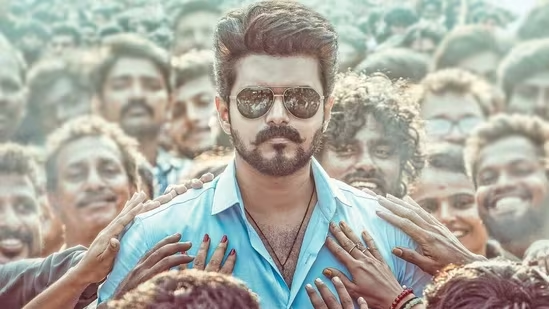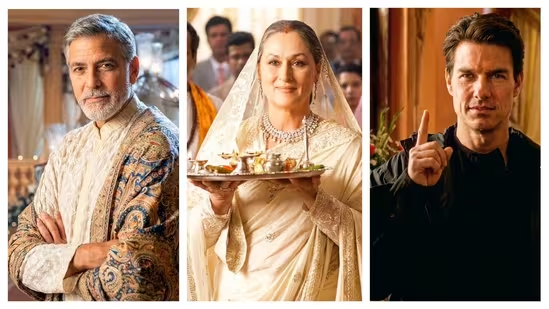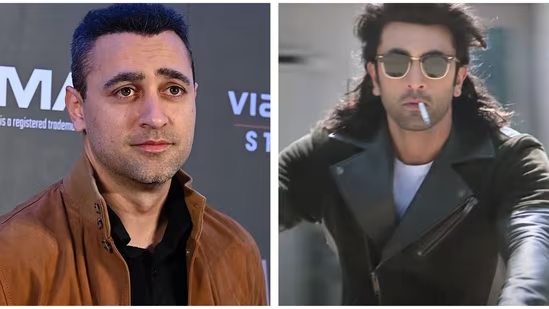In a troubling development for global politics, notorious British far-right figure Tommy Robinson has announced plans to visit India in December. His declaration has raised alarms about the increasing collaboration between white supremacists and Hindu nationalist groups.
This article delves into the implications of Robinson’s visit, the historical connections between far-right movements, and the urgent need for collective action against hate and division.
The Context of Tommy Robinson’s Visit
Tommy Robinson, co-founder of the English Defence League (EDL), is known for his inflammatory rhetoric and promotion of anti-Muslim sentiments. His recent announcement on social media, stating, “I’m coming to India in December & I can’t wait,” has reignited concerns about the rise of far-right alliances across the globe. His collaboration with Indian platforms like CNN-News18 and the Hindu nationalist media has further highlighted this disturbing trend.
Understanding the Far-Right Alliance
The intersection of white supremacy and Hindu nationalism may seem unlikely at first glance, especially considering the racial dynamics involved. However, these factions have increasingly found common ground in their shared anti-immigrant, anti-Muslim sentiments. Reports indicate a growing synergy between far-right movements in India and the UK, fostering an environment of hate and division.
The Ideological Underpinnings of Hate
The recent violence in the UK, dubbed “the 2024 United Kingdom riots,” exemplifies how racism, Islamophobia, and anti-immigrant sentiment are interconnected. This pattern of violence is not isolated; it reflects broader global trends where extremist ideologies are gaining traction.
The Role of Social Media in Spreading Hate
Social media platforms play a crucial role in facilitating the spread of extremist ideologies. Tommy Robinson’s appearances on channels like PGurus and CNN-News18 have allowed him to disseminate false narratives unchallenged, promoting disinformation about Muslims and other marginalized communities. His statements, which include incendiary claims about Islamic migrants “declaring war” on the UK, serve to amplify fear and hostility.
The Historical Connections
The ties between Robinson and Hindu nationalist groups are not new. As Ed Anderson, a scholar of Hindu nationalism, points out, Robinson has previously collaborated with Hindu nationalists. His appearance at the National Council of Hindu Temples (NCHT) conference in 2016, which was ultimately canceled due to backlash, illustrates a troubling willingness among certain Hindu organizations to ally with far-right figures.
Recent Developments in Hindutva Activity
The rise of Hindutva activity in the UK, particularly during election campaigns, underscores the growing influence of these ideologies. The emergence of a “Hindu Manifesto” endorsed by numerous political candidates signifies an attempt to mainstream Hindu nationalism, raising alarms among anti-racist organizations.
Mobilizing Against Hate
Organizations like Hindus for Human Rights UK are actively countering the rise of far-right ideologies. Their efforts include participating in protests against Tommy Robinson’s rallies and advocating for solidarity among diverse communities. They emphasize that the fight against racism and hate is a shared responsibility, transcending religious and ethnic lines.
The Importance of Solidarity
The message from genuine Hindu communities is clear: they stand in solidarity with Muslims and other marginalized groups against hate and division. This call for unity is vital in a landscape increasingly dominated by extremist rhetoric. By fostering dialogue and cooperation, communities can counteract the narratives pushed by figures like Robinson.
Conclusion
Tommy Robinson’s impending visit to India is more than just a personal trip; it represents a concerning trend of far-right collaboration that threatens the fabric of inclusive societies. As individuals and communities, we must remain vigilant and proactive in opposing hate politics. This moment calls for unity across all religious and ethnic lines to uphold democratic values and protect marginalized communities from the corrosive effects of extremism.
Call to Action
It is imperative that politicians, public figures, and everyday citizens actively combat exclusionary politics. Together, we can foster an environment of love, respect, and solidarity, ensuring that hate does not define our future. Join the movement to stand against hate and support inclusive dialogues within your community.






